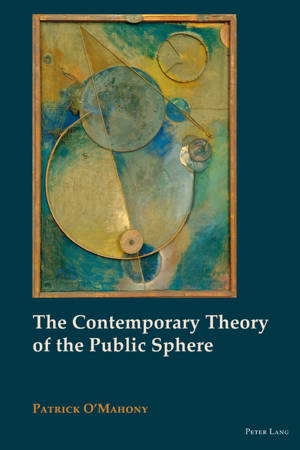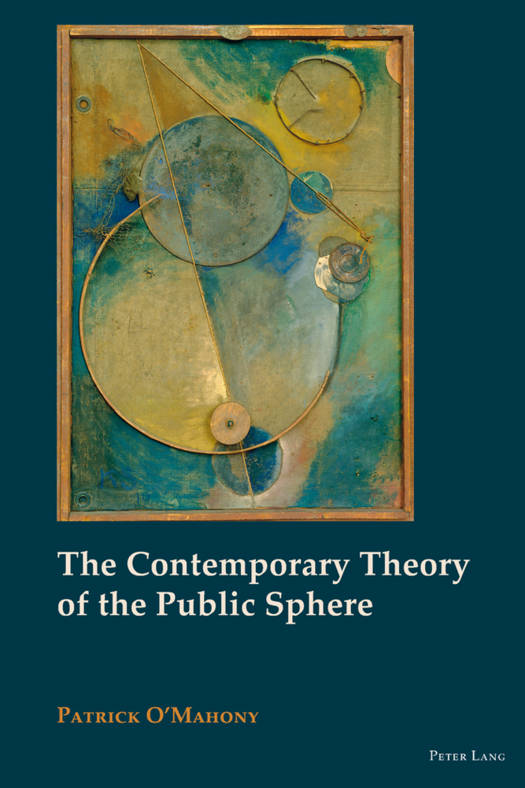
- Afhalen na 1 uur in een winkel met voorraad
- Gratis thuislevering in België vanaf € 30
- Ruim aanbod met 7 miljoen producten
- Afhalen na 1 uur in een winkel met voorraad
- Gratis thuislevering in België vanaf € 30
- Ruim aanbod met 7 miljoen producten
Zoeken
Omschrijving
Normative democratic theory does not lie securely above societal argumentation but is instead a crucial part of it. We need to know not just how the public should reason, but how it actually does reason, or could reason in better foreseeable circumstances. After all, given the general societal and cosmopolitan challenges that we face, the health and the necessary extension of democracy fundamentally depends on the reasoning capacities of the public. The concept of the public sphere is intrinsic to understanding this process, but it has long been limited by its division into the twin approaches of normative argumentation in democratic theory and empirical-theoretical application in the social sciences.
This book aims to go beyond this entrenched divide to show how democratic theory can become empirically applicable and the social sciences normatively relevant. It does this by linking democratic theory to the theory of society and relating both to a cognitive-communicative account of public culture. The book contributes significantly to exchanges within and between sociology, philosophy, cultural and communication studies, political science, and cognate disciplines. It also aims to address a long-established concern of critical theory by combining empirical and normative perspectives to advance the goal of a better society.
This book aims to go beyond this entrenched divide to show how democratic theory can become empirically applicable and the social sciences normatively relevant. It does this by linking democratic theory to the theory of society and relating both to a cognitive-communicative account of public culture. The book contributes significantly to exchanges within and between sociology, philosophy, cultural and communication studies, political science, and cognate disciplines. It also aims to address a long-established concern of critical theory by combining empirical and normative perspectives to advance the goal of a better society.
Specificaties
Betrokkenen
- Auteur(s):
- Uitgeverij:
Inhoud
- Aantal bladzijden:
- 510
- Taal:
- Engels
- Reeks:
- Reeksnummer:
- nr. 1
Eigenschappen
- Productcode (EAN):
- 9783034301466
- Verschijningsdatum:
- 15/08/2013
- Uitvoering:
- Hardcover
- Formaat:
- Ongenaaid / garenloos gebonden
- Afmetingen:
- 150 mm x 226 mm
- Gewicht:
- 861 g

Alleen bij Standaard Boekhandel
+ 251 punten op je klantenkaart van Standaard Boekhandel
Beoordelingen
We publiceren alleen reviews die voldoen aan de voorwaarden voor reviews. Bekijk onze voorwaarden voor reviews.











